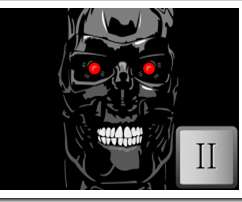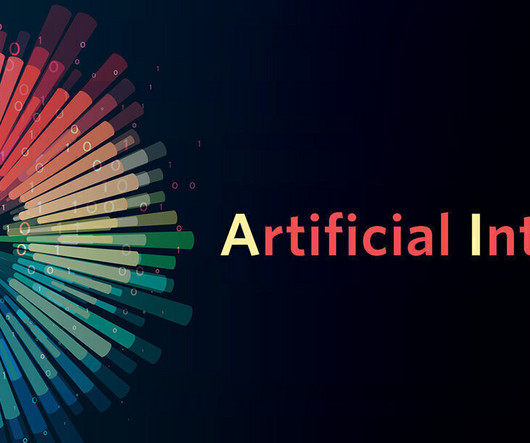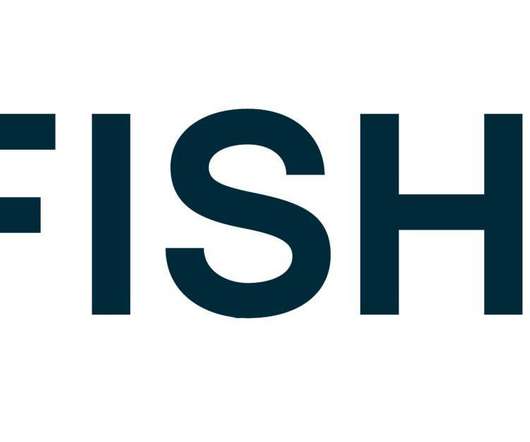Guest Post by Prof. Hrdy & Dan Brean: The Patent Law Origins of Science Fiction
Patently-O
JANUARY 20, 2023
Applicants, for their part, are not required to disclose prior art that is not material to patentability or that is cumulative of other prior art they’ve already provided. It may surprise you, then, to learn that the genre of science fiction is deeply indebted to patent law and patent theory. See [link].













Let's personalize your content